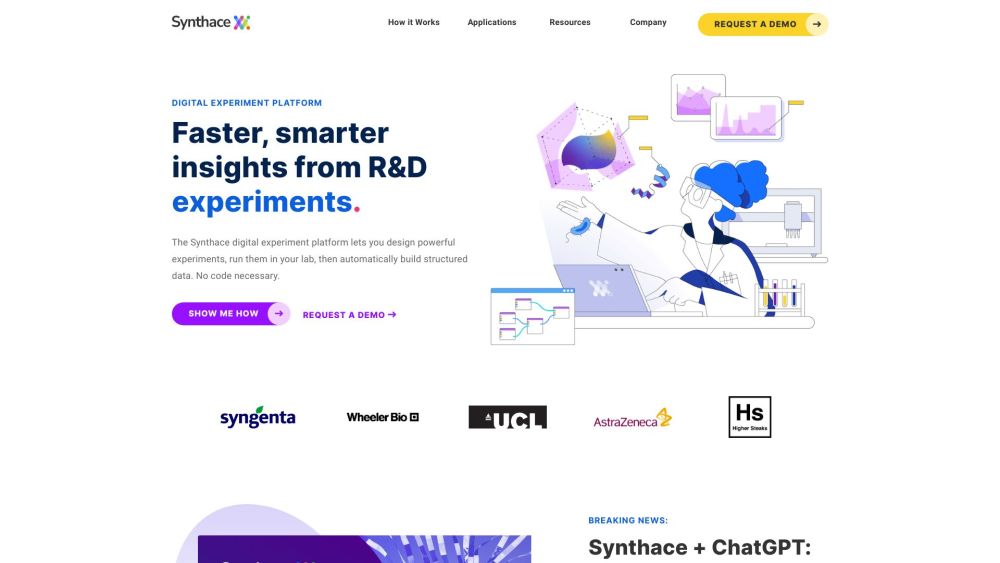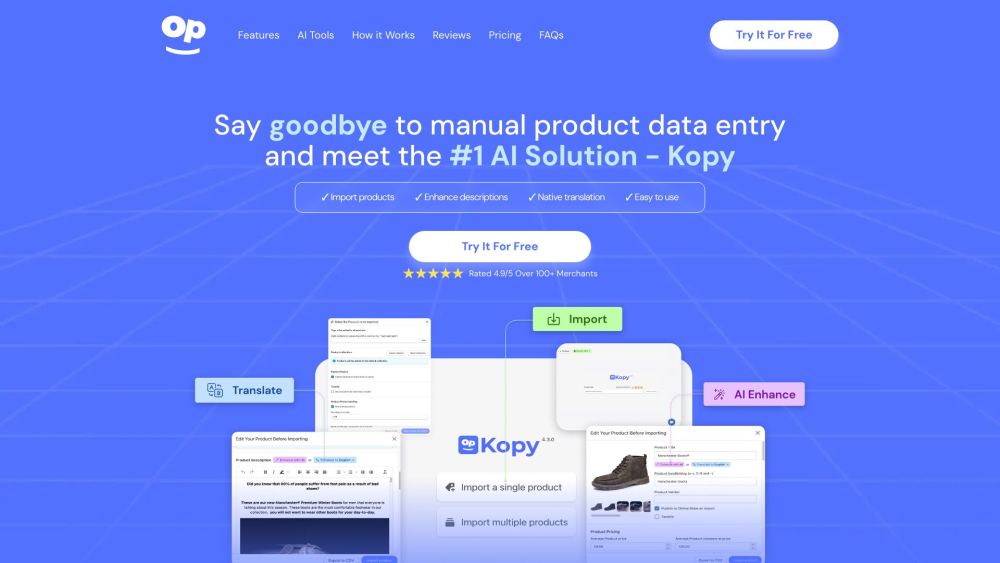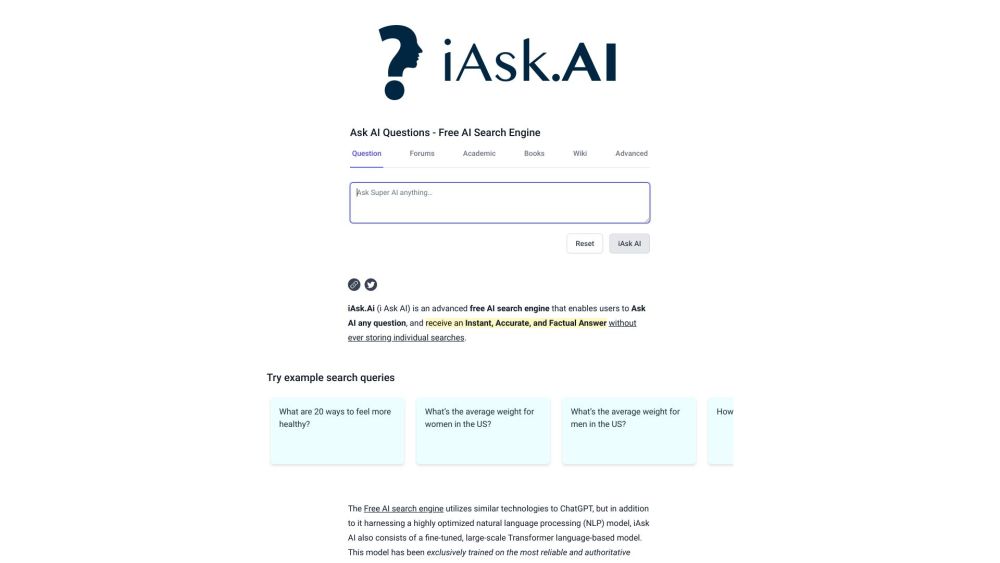As cyberattacks continue to escalate, the corporate sector is increasingly turning to technology for automated responses to security breaches. According to a 2023 survey by analytics firm Devo, a substantial 80% of security leaders anticipate increased investments in security automation this year, primarily citing the technology's effectiveness in mitigating cyberthreats. The security automation market is projected to reach a staggering $26.6 billion by 2032.
One standout player in this space is Torq, which leverages artificial intelligence to streamline repetitive and complex security tasks.
With high-profile clients such as Procter & Gamble, Chipotle, PepsiCo, and Wiz, Torq has achieved annual recurring revenue (ARR) exceeding $24 million, as reported by CEO Ofer Smadari. “We have tripled our revenue for two consecutive years and are aiming for $100 million ARR by fiscal year 2026,” he stated. “Currently, we serve over 150 direct enterprise clients and have partnered with numerous providers, reaching nearly 900 enterprises globally through our platform.”
This impressive growth likely contributed to Torq securing a $70 million Series C funding round earlier in September, led by Evolution Equity Partners, raising their total funding to $192 million.
Favorable market conditions have also played a role. In Q2 2024, venture capitalists invested $4.4 billion in cybersecurity firms, marking the highest funding quarter since 2022, with a year-over-year increase of 144% and a 63% rise compared to Q1. Dealmaking nearly doubled over the first half of 2023.
"Growing responsibly enables us to enhance internal efficiencies across critical programs, from R&D to go-to-market strategies," Smadari explained. "We’ve built our company with fiscal responsibility at its core."
Torq was co-founded in 2020 by Smadari alongside Leonid Belkind and Eldad Livni, both of whom came from Check Point, where they developed network cybersecurity tools. Before Torq, Smadari founded Luminate, a zero trust platform acquired by Symantec in 2019. The three worked together at Symantec until late 2019 when they transitioned to focus on Torq.
Torq's platform enables IT teams to build automated security workflows that integrate seamlessly with their organization's existing IT infrastructure. Leveraging AI, specifically large language models akin to OpenAI’s ChatGPT, Torq provides insights into SOC playbooks—guidelines assisting cybersecurity analysts in incident management.
“By integrating into the security infrastructure stack, Torq empowers organizations to efficiently manage security events and orchestrate processes at scale,” Smadari noted. “Our goal is to amplify human analysts' capabilities with AI, allowing them to concentrate on complex investigations while delegating repetitive tasks to AI.”
However, ensuring the AI operates flawlessly is crucial—errors in security decision-making can lead to significant consequences. When asked about the challenges associated with AI in security, Smadari acknowledged that while Torq's automation isn't error-free, the company is actively working to mitigate emerging issues.
“We're engaging with various companies to develop risk and attack surface models while rigorously testing our applications,” Smadari added.
The influx of capital from Torq's Series C will primarily fuel product research and development, as well as customer acquisition. In the coming months, the nearly 200-employee New York City-based firm plans to expand its market teams with a focus on the U.S., Europe, and Asia.
“Cybersecurity has demonstrated remarkable resilience even amid economic uncertainty,” Smadari concluded. “Our growth trajectory, alongside our expenses, has consistently aligned with revenue and customer expansion.”
Bessemer Venture Partners, Notable Capital, Greenfield Partners, and Strait Capital also participated in Torq’s Series C funding round.





